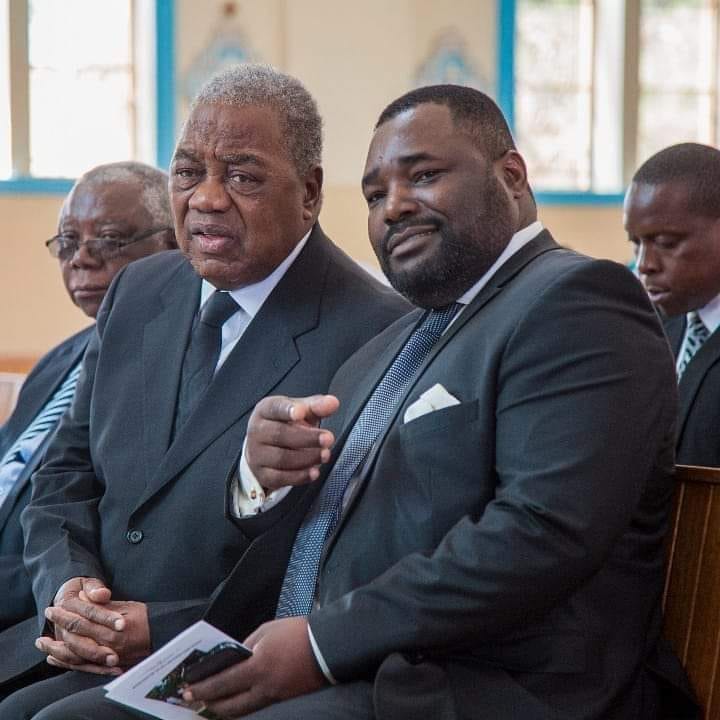Follow Procedure In Forfeiture Cases
By Dickson Jere
A sting operation by DEC at the famous Kasumbalesa Border in Chililabombwe led to the seizure of over USD90,000 and ZMW550,000 from two people – Congolese and Chinese. The Drug Enforcement Commission (DEC) believed that the seized money was tainted property and therefore should be forfeited to the State.
The Director of Public Prosecutions (DPP), consequently, applied to the High Court to have the money forfeited to the State on account of it being tainted with crime. The Judges, having heard both sides, ruled that the money is tainted and should be forfeited to the State.
This promoted an appeal in the Court of Appeal. Three Judges sat to determine the appeal and analysed the provisions of the Forfeiture of Proceeds of Crime Act (FPOCA). They opined thus;
“Evidence must be adduced showing the role the property played in the alleged offences for it for be considered tainted property,” the Judges said.
“The tainted property must have a relationship with the offence alleged,” the Court of Appeal further guided.
The Judges said the State must always produce evidence linking the property to the wrongful acts and it is not enough to simply state the alleged offences.
“This is because civil forfeiture, will not be ordered unless the alleged act is connected to the commission of a serious offence, on a balance of probability,” the Judges said.
The Court of Appeal further wanted that the use of the civil forfeiture law to fight corruption, money laundering and drug trafficking cases should not be used at the expense of fair trial.
“…the opinion we have rendered in this judgment demonstrates that it (forfeiture) remains a highly technical area in which fundamental rights, such as the right to fair trial must not be sacrificed at the altar of expediency,” the Judges warned.
The Court overturned the High Court judgement and ruled in favour of the owners of the money.
For full details, read the case of Nathan Mbaya and Others v Director of Public Prosecutions – Appeal No. 123/2022 and Judgement rendered last month June 2024.
Very interesting jurisprudence coming out of the Court of Appeal on this topical subject given the number of cases going on non conviction forfeiture.
